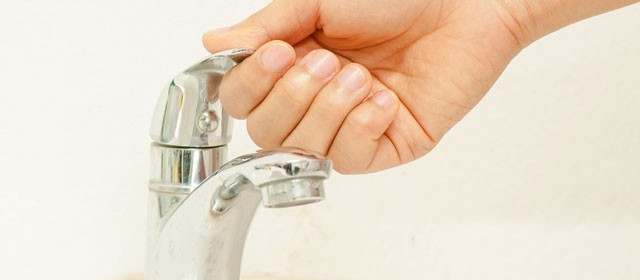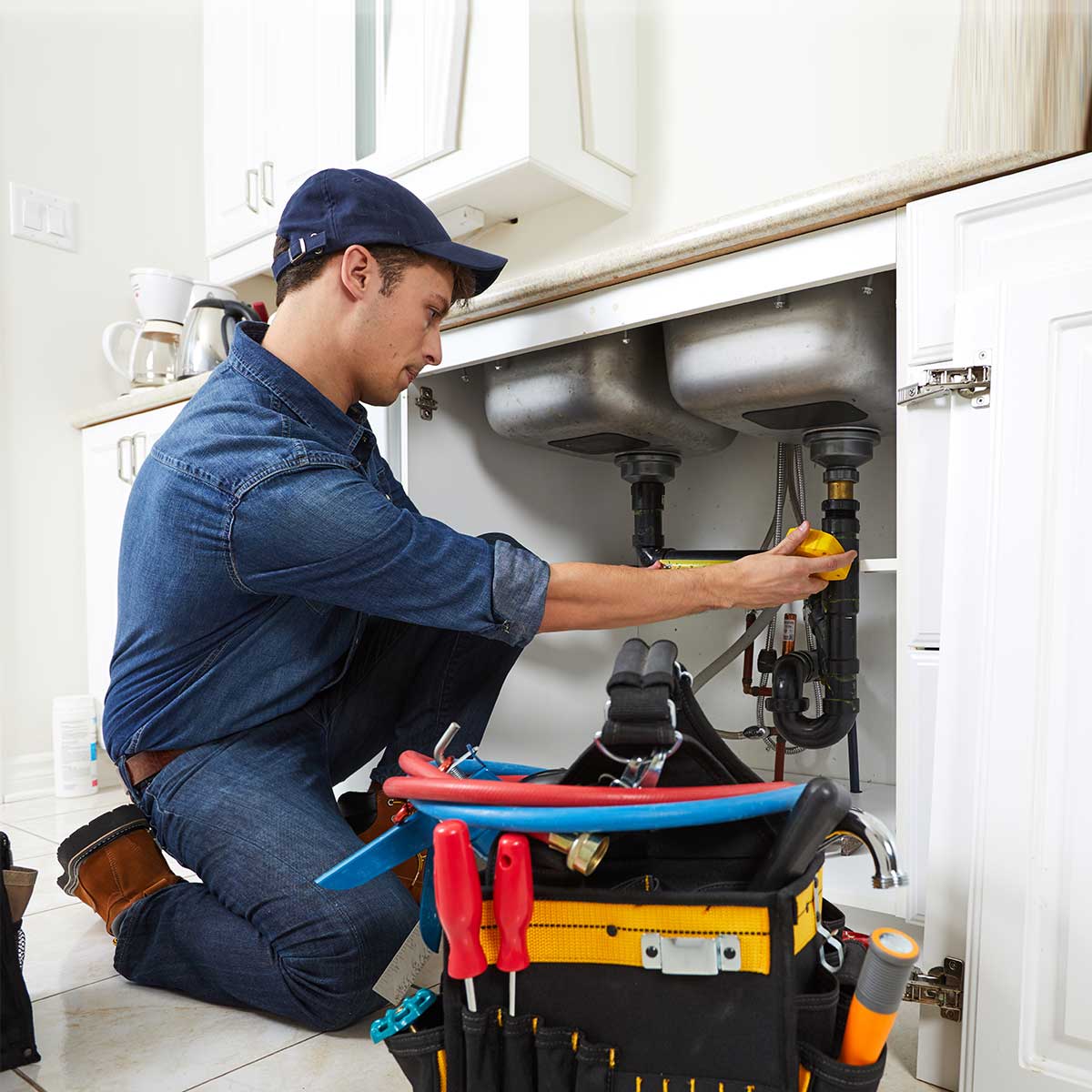The 5 Usual Sources of Water Leaks
The 5 Usual Sources of Water Leaks
Blog Article
Just about everyone has his or her own rationale in relation to Common Causes of Water Leaks in the Home.

"Be careful of little expenses. A small leak will sink a great ship." - Benjamin Franklin.
He couldn't have been much more best due to the fact that water leakages in our homes lead to a waste of sources, enhancing our water costs. This rise may seem minimal at first, it can lead to considerable expenses that can break your bank. Other than a boost in bills, water leaks also cause unwanted organic growth, architectural damages, and also also electrical dangers.
Finding out if you have a water leak isn't constantly easy as a result of being not able to see most of the pipework in your home. If you have had a boost in your water costs lately, saw water stains on ceilings and also wall surfaces, scented poor odor, etc. You might wish to consider requesting plumbing solutions to get it took a look at.
There are several causes of water leakages, and also we have assembled the common reasons below. Inspect to see if you have actually had associated issues in your house recently.
Blocked drains
Food fragments, dirt, and also oil can cause stopped up drains pipes as well as block the passage of water in and out of your sink. If undealt with, increased stress within the rain gutters can trigger an overflow and finish up fracturing or breaking pipelines. To avoid clogged up drains in your home, we suggest you to prevent pouring fragments down the drain and routine cleaning of sinks.
High water pressure
You saw your residence water pressure is greater than common but then, why should you care? It's out of your control.
It would certainly be best if you cared due to the fact that your average water stress need to be 60 Psi (per square inch) as well as although your house's plumbing system is designed to hold up against 80 Psi. A rise in water pressure can put a strain on your home pipelines as well as result in cracks, or even worse, ruptured pipes. If you ever notice that your home water pressure is greater than common, contact a specialist regarding regulating it.
Rust
As your pipework ages, it gets weaker as well as a lot more prone to rust after the regular flow of water with them, which can eat away at pipelines and trigger cracks. A visible indication of corrosion in your house plumbing system is discoloration as well as although this may be difficult to detect due to a lot of pipelines hidden away. Once they are old to make sure an audio plumbing system, we encourage doing a regular check-up every couple of years and transform pipes
Damaged pipe joints
Pipe joints are the parts of our plumbing system where the pipes link. It is crucial to keep in mind that also though pipelines are created to stand up to stress as well as last for a while, they weren't made to last for life; consequently, they would certainly weaken over time. A common indicator of damaged pipe joints is excessive noise from faucets.
Broken seals
One more root cause of water leaks in homes is broken seals of house appliances that utilize water, e.g., a dishwasher. When such home appliances are set up, seals are set up around water ports for very easy flow of water through the equipment. A broken seal can cause leak of water when in use.
With little or no understanding of plumbing, understanding your home's plumbing system sufficient to repair a few of these concerns (without effect) can be a headache. Get in touch with plumbing experts in Pittsburgh, Providence, Rochester, and environ today, and they'll make those concerns go away.
He could not have actually been a lot more appropriate due to the fact that water leakages in our houses result in a waste of sources, raising our water expenses. If you have had a boost in your water bills recently, saw water spots on walls as well as ceilings, scented lousy smell, etc. An increase in water stress can place a strain on your residence pipes and also lead to fractures, or worse, ruptured pipelines. One more reason of water leakages in residences is broken seals of home appliances that use water, e.g., a dishwasher. When such home appliances are installed, seals are set up around water adapters for simple flow of water through the maker.
5 TIPS IN DETECTING A WATER LEAK IN YOUR HOUSE
Water leaks can be hard to find in your home, yet they can be so common. We rely on water every day in our home, which is why a leak can cause big problems. By detecting them early, you can save money and further damage, getting the problem fixed as soon as possible. Here are 5 tips to help you detect a water leak in your home, so you can contact a plumber straight away and get the issue sorted.
Check your water meter
Many people underestimate the value of the water meter in their home. It can be one of the best ways to tell if you have a leak early on, so you can get on top of it before issues start arising. Start by turning off all the water in your home: taps, washing machine, dishwasher, etc. Now take a look at the meter – if it’s still changing with everything turned off, it’s likely you have a fast-flowing leak that you need to get on top of straight away. If nothing changes, then leave your meter for an hour or two and come back to it. Did it change in this time? It’s likely you have a slower leak, which isn’t as urgent but still handy to get fixed so it doesn’t become a bigger problem.
Keep an eye on your bill
Another good way to detect a leak in your home is by keeping an eye on your water bill. It helps if you have a past bill from the same period of time. You can compare like for like and determine whether your water usage has increased significantly. If it has, there may be a leak in your system that you haven’t picked up before. A professional plumber can check through all of your pipes and determine where it is coming from.
Look for damage
If you have a leak inside your home, you will notice damage over time. Take a look at your showers and bathtubs and note whether any of the tiles surrounding the area seem to be discoloured or damaged in any way. There may be water stains, mould or peeling material that has resulted from a build up of moisture over time. Make sure you take a look under sinks at the back of cupboards that don’t get accessed regularly. This is where damage can go unnoticed and build up over periods of time.

I have been very involved in Reasons for Water Heater Leaks and I hope you liked my piece. Be sure to take the opportunity to distribute this blog if you appreciated it. We enjoy reading our article about Where to Find Water Leaks.
Leak detection needed? Report this page